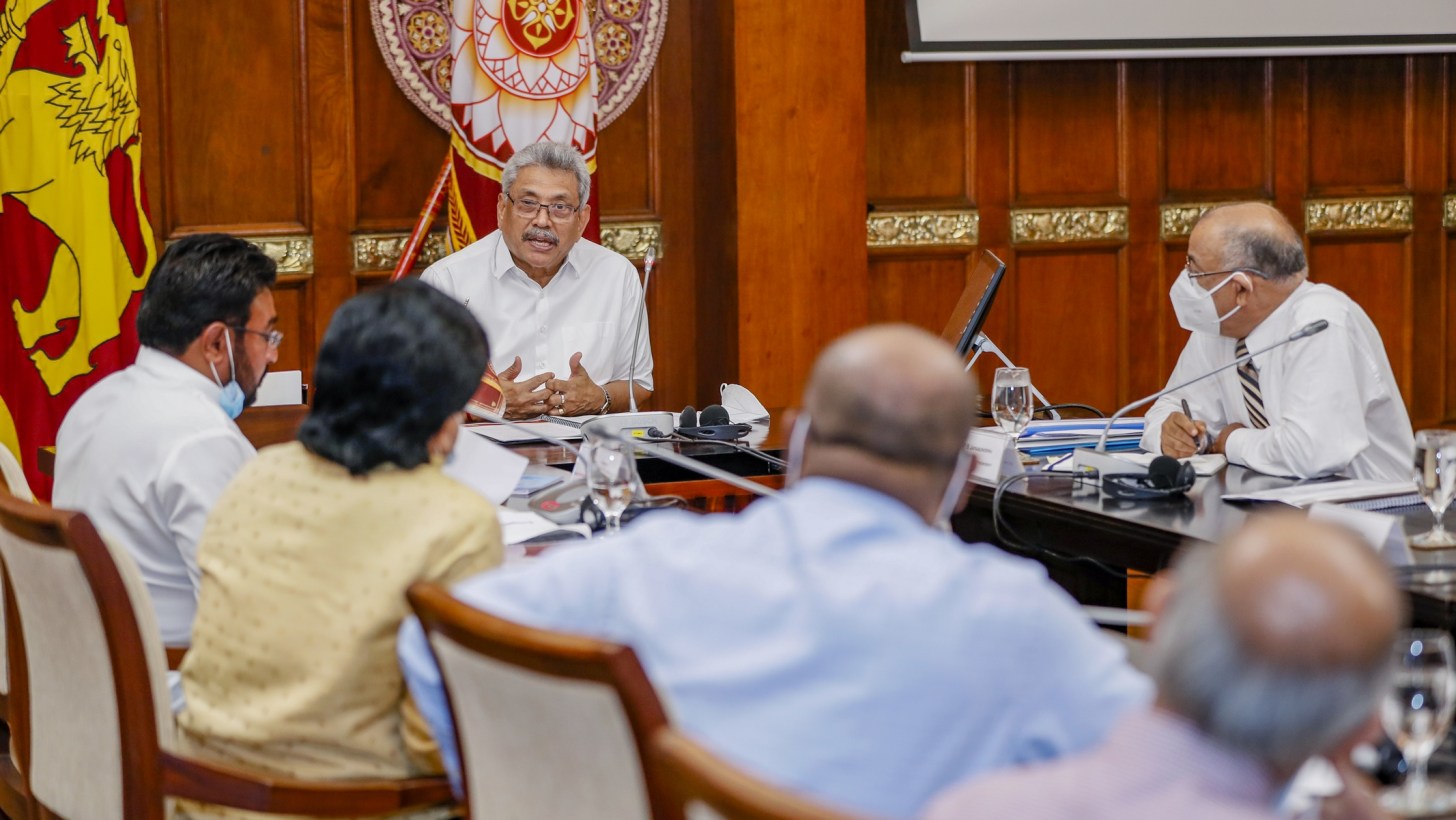 Sri Lankan president, Gotabaya Rajapaksa, stressed the need for correct media practices in order to “help preserve Sri Lankan identity and cultural values” during a meeting with the Independent Television Network (ITN) last week.
Sri Lankan president, Gotabaya Rajapaksa, stressed the need for correct media practices in order to “help preserve Sri Lankan identity and cultural values” during a meeting with the Independent Television Network (ITN) last week.
The meeting, which also examined the current position of ITN and its future strategies, was attended by a number of Board Directors and high ranking ITN representatives.
“What I expect is to take to the people, the vision enshrined in the policy framework, which my government is committed to execute’’, Rajapaksa further added, referring to a policy that he laid out during his presidential election campaign last year.
His comments come just weeks after the establishment of the much-criticised, all Sinhala Buddhist task force in the East of Sri Lanka to ‘‘preserve the historical heritage of Sri Lanka’’. The formation of the task force has been criticised as part of the state’s approach to exploit archaeology in order to take over land in the largest Tamil-speaking East, as part of a process of Sinhalisation.
Rajapaksa’s previous tenure, during which he held the post of defence secretary, saw murders, kidnappings and persecution of media personnel who were critical of the government.
According to Together Against Genocide, from 2004 to 2009, over 48 journalists and media workers were reported killed, 41 of whom were Tamil. Whilst defence secretary, Rajapaksa stated that dissent during a time of war is treason, he has been almost as frank in recent weeks, declaring that only “favourable media reporting” must be allowed.
Reporters Without Borders (RSF) has also warned about the rise in attacks on journalists and Tamil Guardian correspondents on the ground have faced acts of violence and harassment by the security forces. Sri Lanka is ranked 126th out of 180 countries in RSF’s 2019 World Press Freedom Index.

